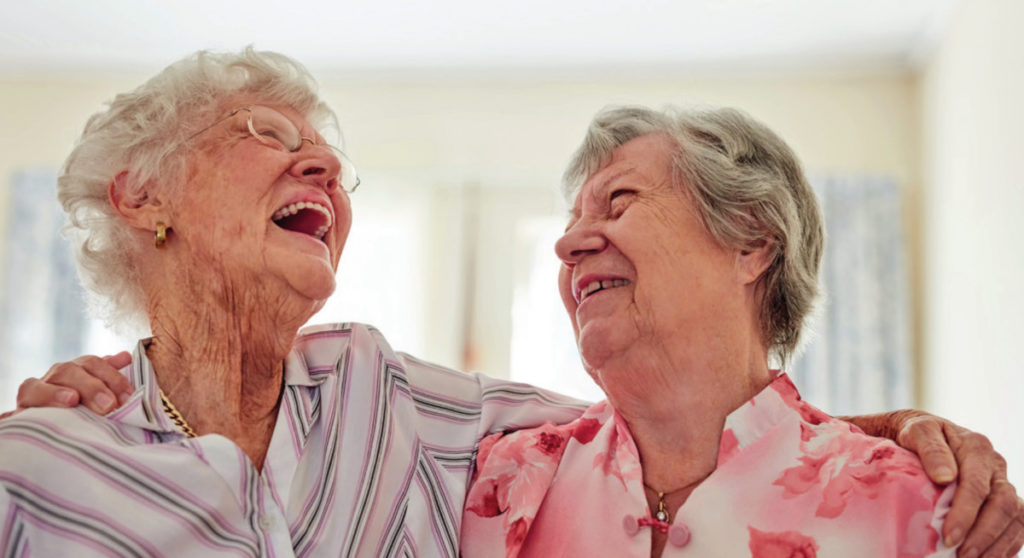The healthy ageing programme of work brings together researchers from medicine, primary care, social care, nursing, physiotherapy and colleagues with methodological expertise. The focus is on improving the healthcare of older people, particularly those with frailty.
Our work will be guided by lay colleagues in our Frailty Oversight Group (FOG) who assist with patient and public involvement and provide valued input into the development and implementation of our work. As experienced lay members who also provide representation on a range of local organisations and groups, the FOG is able to connect the research team quickly and effectively to other relevant organisations, groups and individuals depending on the specific needs of a study.
Central to our work is the Community Ageing Research 75+ (CARE 75+) cohort study. Information is being collected on over 1,200 individuals over 75 years of age across the UK who are being followed for four years. Demographics, measures of frailty and a range of other measures including assessment of quality of life, loneliness, activities of daily living and falls are being collected. This enables us to investigate changes over time in this older population.
The CARE75+ cohort is also an important platform for additional studies including qualitative studies and feasibility studies. In the future it will provide a platform for the development and evaluation of treatments to improve outcomes for older people.
To enable routine frailty identification, Professor Andrew Clegg led the development, validation and national implementation of the award-winning electronic frailty index (eFI) using routine primary care electronic health record (EHR) data. The implementation of the eFI into 95% of UK GP practices provides a step-change in the care for people with frailty. Important next steps in our work are to identify, through modelling of the eFI, detailed evidence synthesis and primary research, interventions most appropriate for people with different levels of frailty. Such work will have major impact on the care provided to older people.
Our programme of work focused on enhancing care in care in homes will continue. Our evidence review of physical activity interventions for older people living in long-term care has informed Royal College of Physicians national guidelines and guidelines on exercise for care home residents. We continue to explore whether a training programme focused on posture and mobility will be of benefit to care home staff and residents and develop tools to assess posture.
Further priorities will be identified from community-dwelling older people with frailty and care home residents to develop treatments which have potential to improve their health and care.

Dementia research
Using research to ensure healthy ageing and that people live well with dementia are core to the ambitions of the University of Bradford’s Centre for Applied Dementia Studies. Our research focuses on improving health care and support for people at all stages of the dementia trajectory, including the many transitions experienced. This spans research on prevention of dementia to minimising the negative consequences of ageing with co morbidities in care homes.
To ensure maximum positive impact in the real world our applied research is conducted in collaboration with older people and those affected by dementia alongside service providers and clinicians. Our track record in ageing studies includes use of technologies to support ageing and living well; and preventive strategies to promote wellbeing; for example the Medical Research Council funded Lifestyle Matters programme (a preventive health intervention for people without cognitive impairment).
The outstanding impact of our research on improving the lives of people living with dementia was awarded the Queen’s Anniversary Prize. We are also partners within the frailty theme of the forthcoming NIHR Applied Research Centre.


